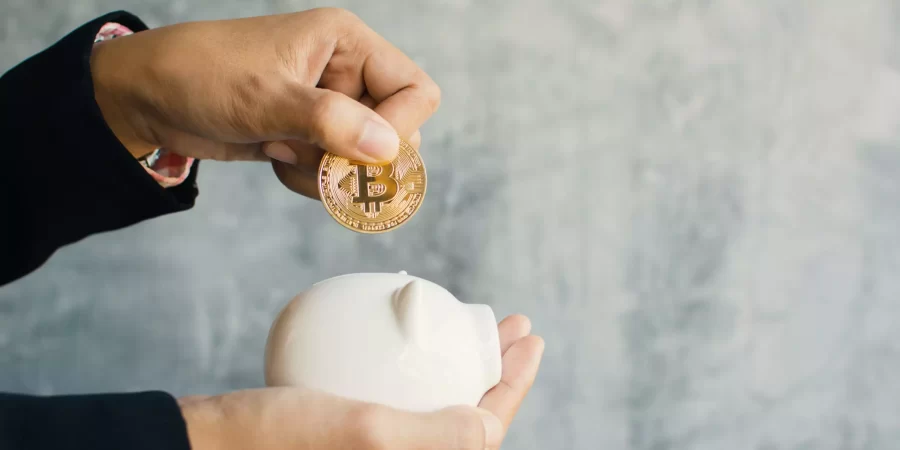Bitcoin: Everything You Need to Know
The business world is split on the concept of Bitcoin. Photo Courtesy of Sawitree Pamee / EyeEm/Getty Images
December 2, 2021
Bitcoin is the world’s most widely used cryptocurrency. Its rise and popularity are widely covered by financial media outlets. However, most people don’t know exactly what it is.
Bitcoin is a digital currency that can be used to buy and sell goods and services without an intermediary, like a bank. Its creator, Satoshi Nakamoto, believed that a decentralized system would provide better security and lower transaction fees. Every Bitcoin transaction that has ever been made is on a public ledger, making it especially hard to fake. Its decentralized nature makes it hard to reverse and secure.
This decentralized system is achieved by the Bitcoin blockchain, a publicly distributed digital record of the transactions made with Bitcoins. This linked body of data includes information such as the buyer and seller, date and time, and total value of each transaction, all of which are represented as a single block and added to the chain. Anyone can view it, making transactions on Bitcoin much more transparent than transactions using traditional currency. The blockchain can also be edited by anyone, which may sound insecure but is actually quite the opposite. A block of information isn’t added to the blockchain unless it is confirmed by the majority of Bitcoin holders, and unique codes used for each holder’s wallet and the code of the transaction must follow the correct pattern.
Another phrase you might have come across is Bitcoin mining, which is a way that new Bitcoins can be created. Put simply, Bitcoin miners add new transaction blocks to the Bitcoin blockchain. They must solve puzzles within Bitcoin’s algorithm in order to do this, and in turn support the whole system. Miners are rewarded with new Bitcoin for every completed transaction. In the beginning, almost anyone with a computer could become a Bitcoin miner. Now, it has become harder and harder, requiring powerful computers and ample electricity. As mining continues, the amount of new Bitcoins out there decreases. Experts estimate that by 2140, all Bitcoins will have entered circulation, and all remaining miners will be paid only in transaction fees.
Just like gold and the United States dollar, Bitcoin gets its value because people have decided to give it value. After all, dollar bills are just paper that society has decided to equate to certain amounts of monetary value. This means that Bitcoin has nothing but trust securing its value, especially without being backed by a national bank or other entity. However, this definitely doesn’t seem to be a problem for Bitcoin: ever since its launch in 2009, the market price has jumped from under $150 per coin to a recent value of about $60,000. Looking at current data, this trend is set to continue for time to come.
Bitcoin can be used in a variety of ways and functions just as dollar bills would. In some countries, especially ones with weaker currencies, Bitcoin may be preferred over the national currency. In the United States, Bitcoin can be used at companies like Whole Foods, Microsoft, and PayPal, among others. Bitcoin can also be an investment for some, although it is not recommended unless one is willing to submit to the risks undertaken by holding such stock. As long as Bitcoin is just one of many diverse investments, it can be an interesting and worthwhile endeavor.









